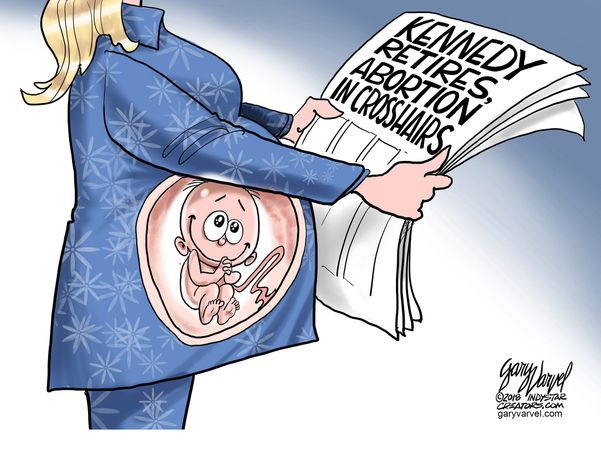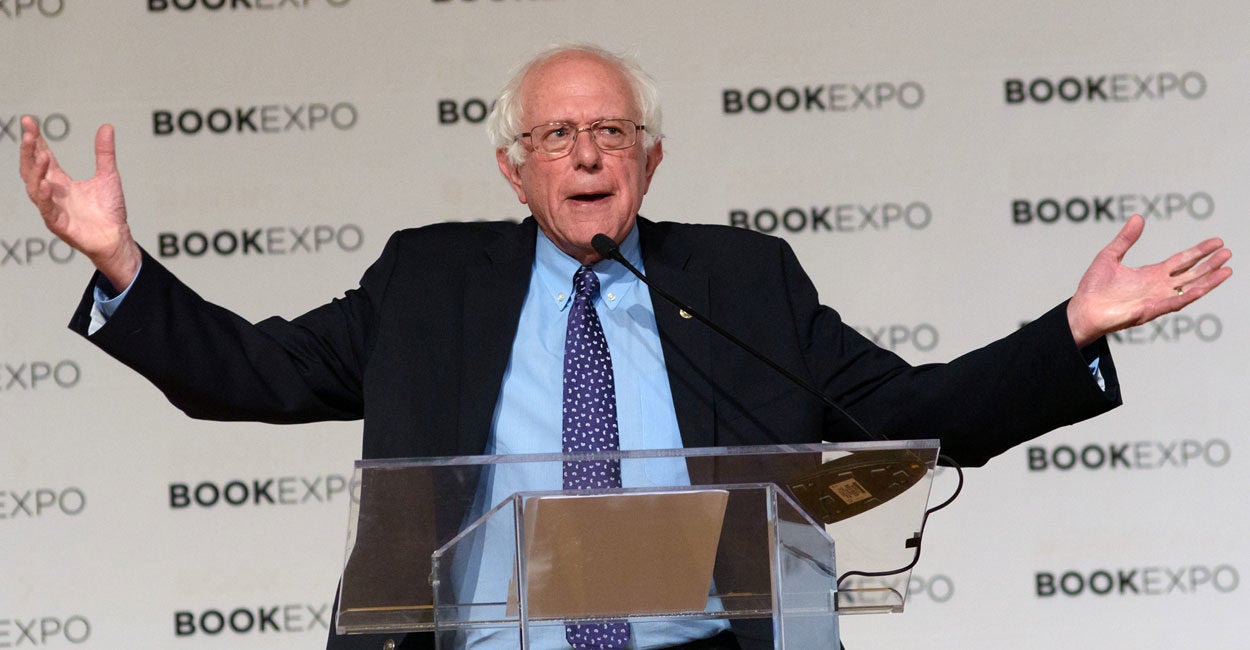
8/6 - PRAY for the President and others in leadership (1 Tim. 2:1-3)
P.S. - 3/27: I just finished reading the newly released book, "The Faith of Donald J. Trump" that the public library had and sent to me. Greatly recommend you read it to better understand our 45th President.
*For wisdom for President Trump and Secretary Pompeo as they determine the best course of action in addressing the relationship with Iran. The President is set to reimpose sanctions against Iran that were lifted as part of the Iran nuclear deal. Due to concerns about Iran’s human rights record, suspected involvement with terrorist organizations, and government corruption, the President determined not to recertify the existing deal.
*For guidance for US Senators as they meet with members of the Russian parliament today.
*For guidance as he and Congress work together to create initiatives and legislation to help the American people."
*For discernment for the Senate as they will have to vote on the confirmation of the Supreme Court Justice, that they make a decision which will have a lasting impact on the nation.
*For transparency and guidance for Judge Kavanaugh as he goes through the process and that God would make clear whether or not he is the right person for the position.
*For wisdom for President Trump as he continues to make decisions concerning those who will fill the vacancies in the government.
*For wisdom for President Trump as he makes decisions concerning trade, that his decisions (esp. regarding trade and tariffs) would have a positive impact on the economy.
*For God to use the elections in November to accomplish His will.
*For God’s will to be accomplished through the efforts of our leaders regarding foreign policy.

"Don't Argue the Exceptions - Beating Bad Arguments For Abortion and Transgenderism" - by John Stonestreet, Breakpoint.org, May 25, 2017; http://breakpoint.org/2017/05/breakpoint-dont-argue-exceptions/
Vermont Sen. Bernie Sanders’ “Medicare for All” bill would cost a breathtaking $32.6 trillion over 10 years. (Photo: Janet Mayer / SplashNews/Newscom)
Socialism is expensive. In a new cost analysis, Charles Blahous, formerly a member of the Medicare board of trustees, concludes that Vermont Sen. Bernie Sanders’ “Medicare for All” bill (S. 1804) would cost a breathtaking $32.6 trillion over 10 years.
Given the growing commitment of House and Senate Democrats to this agenda, Blahous’ analysis is timely. His assessment of the federal government’s financial burden is also consistent with two other independent analyses.
Two years ago, the Urban Institute, a highly respected liberal think tank, estimated the total cost of the Sanders proposal at $32 trillion over 10 years, and professor Kenneth Thorpe of Emory University, a former adviser to President Bill Clinton, estimated the cost at $24.7 trillion.
In both cases, the analysts estimated that the level of taxpayer funding would be much higher than Sanders and his colleagues assumed.
Central Control
Co-sponsored by 16 leading Senate Democrats—including Sens. Kamala Harris of California, Elizabeth Warren of Massachusetts, and Cory Booker of New Jersey—the Sanders bill is the quintessential prescription for comprehensive government-controlled health care.
In the House of Representatives, 123 Democratic members, more than half of the House Democratic Caucus, have co-sponsored similar legislation (H.R. 676).
The Sanders bill would create a national health insurance program; prohibit all Americans from having a private or employer-based health insurance plan; and abolish Medicare and Medicaid, absorbing their functions into the new national health insurance scheme. The bill would mandate that doctors, hospitals, and medical professionals be paid Medicare payment rates, and would restrict private agreements between doctors and patients outside of the national system.
Bottom Line
The $32.6 trillion in additional federal spending (2022 to 2031) alone would equal 10.7 percent of the national economy, as measured by the gross domestic product, and would rise to 12.7 percent of GDP by 2031.
Blahous grants Sanders and his Senate co-sponsors the benefit of the doubt. His estimates assume that their bill would be successful in reducing revenues going to doctors, hospitals, and other medical professionals. He also assumes that their legislation would achieve its goals of reducing the cost of prescription drugs as well as administrative costs.
Blahous cautions, however, that drugs account for only 10 percent of total national health expenditures, and the bill’s intention to replace brand names with generics would take effect within a market where generics already make up 85 percent of drugs sold.
Uncertain Savings
Concerning administrative costs, the replacement of private insurance with a single government program would, in theory, secure major administrative cost reductions. For the sake of his estimates, Blahous projects a substantial 7 percent reduction in administrative costs.
There are, he warns, methodological problems in simple comparisons between Medicare and private-sector administrative costs.
Moreover, the major government programs are plagued by persistent administrative failures that routinely jack up administrative costs. Medicare and Medicaid, for example, racked up an estimated $96 billion in improper payments in 2016 alone.
“Although government also polices fraud within its health insurance programs,” Blahous observes, “financial survival and business competitiveness are concerns from which government-provided insurance is generally exempt.” Even assuming gains from reductions in administrative costs, drugs, and the big reductions in provider payments, other features of the legislation, such as the abolition of all cost-sharing, would drive the costs of the program upward.
Huge Taxes
Taxpayers would face enormous burdens, assuming Congress enacted and the president signed the Sanders bill. In his earlier analysis, Thorpe estimated that those taxes would amount to 20 percent of payroll, and roughly 70 percent of working households would pay more than they do today.
For his part, Blahous says that the costs would be such that “doubling all federal individual and corporate income taxes going forward would be insufficient to fully finance the plan, even under the assumption that provider payment rates are reduced by over 40 percent for treatment of patients now covered by private insurance. Such an increase in the scope of the federal government operations would precipitate a correspondingly large increase in federal taxation or debt and would be unprecedented if undertaken as an enduring commitment.”
The promise of “something for nothing” is always appealing, but it’s never cheap.
[italics and colored emphasis mine]
Robert E. Moffit, a seasoned veteran of more than three decades in Washington policymaking, is a senior fellow in domestic policy studies at The Heritage Foundation.
1/1 - PRAISE GOD for the continuing recent successes against ISIS! Pray that coalition forces will be able to fully destroy the leadership and infrastructure of ISIS.
*For believers in Syria and in this region as they navigate so much uncertainty. May they remain faithful to God through these most difficult times as He sustains them with peace and His Spirit's strength.
Kazakhstan, Azerbaijan And Kyrgyzstan, a Bible is a treasured gift—and in some places, a hard thing to come by. These believers rely on the Word of God to help them face increasing persecution. Throughout August, we’ll be focusing on bringing Scripture to this part of the world, and we ask you to join us.
August 6 | CENTRAL ASIA - Please pray with a secret group of believers as they fight for the
right to practice their faith. They have been fasting and praying for security and opportunities to meet together, preach, pray, have Bibles and worship.
*Names changed to protect identities
STANDING STRONG THROUGH THE STORM - OpenDoorsUSA.org
Lord, broaden my awareness of the needs of my suffering brothers and sisters. May I not be known for my silence.














No comments:
Post a Comment